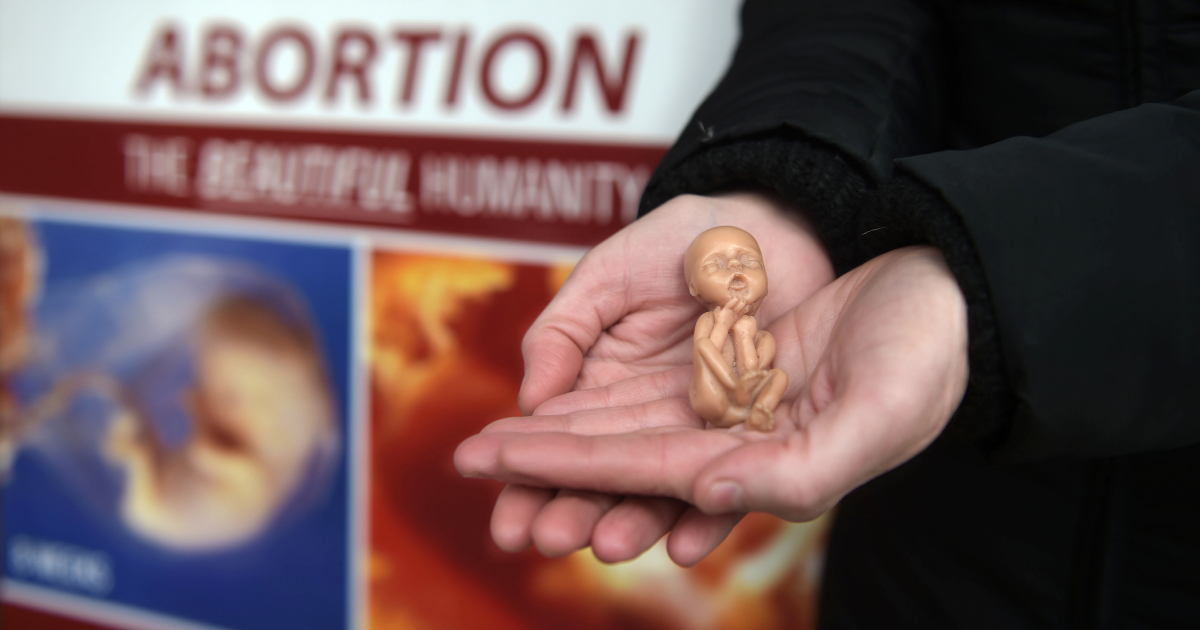Beginning in December 2024, the United States has lately experienced a series of high-profile political assassinations and other acts of murderous violence. One could choose any of a number of earlier dates from which to account for the rash of political and ideological violence in the US.
Earlier in 2024, for example, Donald Trump was the target of two (known) assassination attempts, one that was nearly successful. But starting with the assassination on 4 December 2024 of the chief executive officer of UnitedHealthcare, extending through the assassination of Charlie Kirk, and yet another school shooting (this time in Colorado) on 10 September 2025, we have seen a concentration of such violence.
Between the incidents of 4 December and 10 September, a Minnesota legislator and her husband were murdered, and two children were murdered while attending Mass at a Catholic primary school (after which the shooter killed himself). These recent murders have been framed by a dramatic increase in violent political speech.
Thus, the typical response has been that we need to cool our rhetoric and refrain from speech that advocates or at least implicitly incites violence. This is a fool's errand. The problem is not violent speech, it's liberal speech.
Given the foundational moral and political theory of the US, we should not be surprised that Americans substitute murderous violence for rational discourse. Regardless of variations in emphasis, the basis of modern liberal politics is the assertion that every human person is the enemy of every other human person, entitled to claim whatever one wishes in a "state of nature".
By "liberal" in this context, I do not mean merely the left side of the American political spectrum. Nor do I mean a sentiment of tolerance and civility liberality. Rather, by liberal, I am referring to the fundamental individualist political philosophy of the American Founding, inherited from Thomas Hobbes, albeit somewhat straitened by John Locke.
It is the theory that there is no common good to which our politics should order us, but rather that we are the possessors of inherent possessive rights claims, one against all. By this definition, almost everyone in the US, from the far right to the far left, is a liberal, sharing (divided by?) the same political rhetoric.
Denying the very notion of a common political good, we instead assert possessive individual rights claims. To avoid the obvious and inevitable end of such a view of politics, we have entered into an implicit contract by which we mutually agree to curb some of our rights to every thing and against every one. "I have a right to take your stuff, but I'll refrain from exercising it in exchange for your agreement to do the same."
But in liberalism there is no moral principle that transcends and enforces this fragile contract. If I decide to break it, I am not constrained by our shared moral principle of radical individualism. This implies that if I don't get what I want, or I feel that you are inhibiting me from asserting my rights, I will reject the contract and resort to the state of nature of a war of every man against every man.
This is America in 2025. But the guiding star that has led us so far astray is the very one that we thank can lead us home. It cannot. In a thoughtful attempt to analyse the assassination of Charlie Kirk, New York Times columnist Ezra Klein asserts that "American politics has sides … But both sides are meant to be on the same side of a larger project we are all, or most of us, anyway, trying to maintain the viability of the American experiment.
“We can live with losing an election because we believe in the promise of the next election; we can live with losing an argument because we believe that there will be another argument. Political violence imperils that."
Klein believes that if we would only reiterate commitment to argument, we will recapture the goodness of the "American experiment", and thus avoid such violent episodes. The opposite is the truth.
More liberalism does not cure the pathologies of liberalism. It aggravates them. If we seek to reiterate the moral philosophy of modern liberalism as the antidote, we are swallowing more of the very poison that has led ineluctably to the kind of violence and violent rhetoric that characterises American public life. We are depleting the capital and hurtling toward bankruptcy.
As Catholic Christians, we must understand that our moral and political commitments are not on the right-to-left continuum of liberal political theory. If we think we are asserting Catholic theological principles by identifying with one end or the other of the spectrum, we are asserting the very principles that have led to the moral, political and social bankruptcy to which we are cascading.
If we invoke liberalism to correct the errors of liberalism, we will contribute to the illness, not the cure.
Photo: A young attendee sits in the stands ahead of the memorial service for political activist Charlie Kirk at State Farm Stadium in Glendale, Arizona, 21 September 2025. (Photo by Eric Thayer/Getty Images.)
Dr Ken Craycraft is Professor of Moral Theology at Mount St Mary's Seminary and School of Theology in Cincinnati, Ohio
This article appears in the October/November 2025 edition of the Catholic Herald. To subscribe to our thought-provoking magazine and have independent, high-calibre and counter-cultural Catholic journalism delivered to your door any where in the world click HERE.





.jpg)











